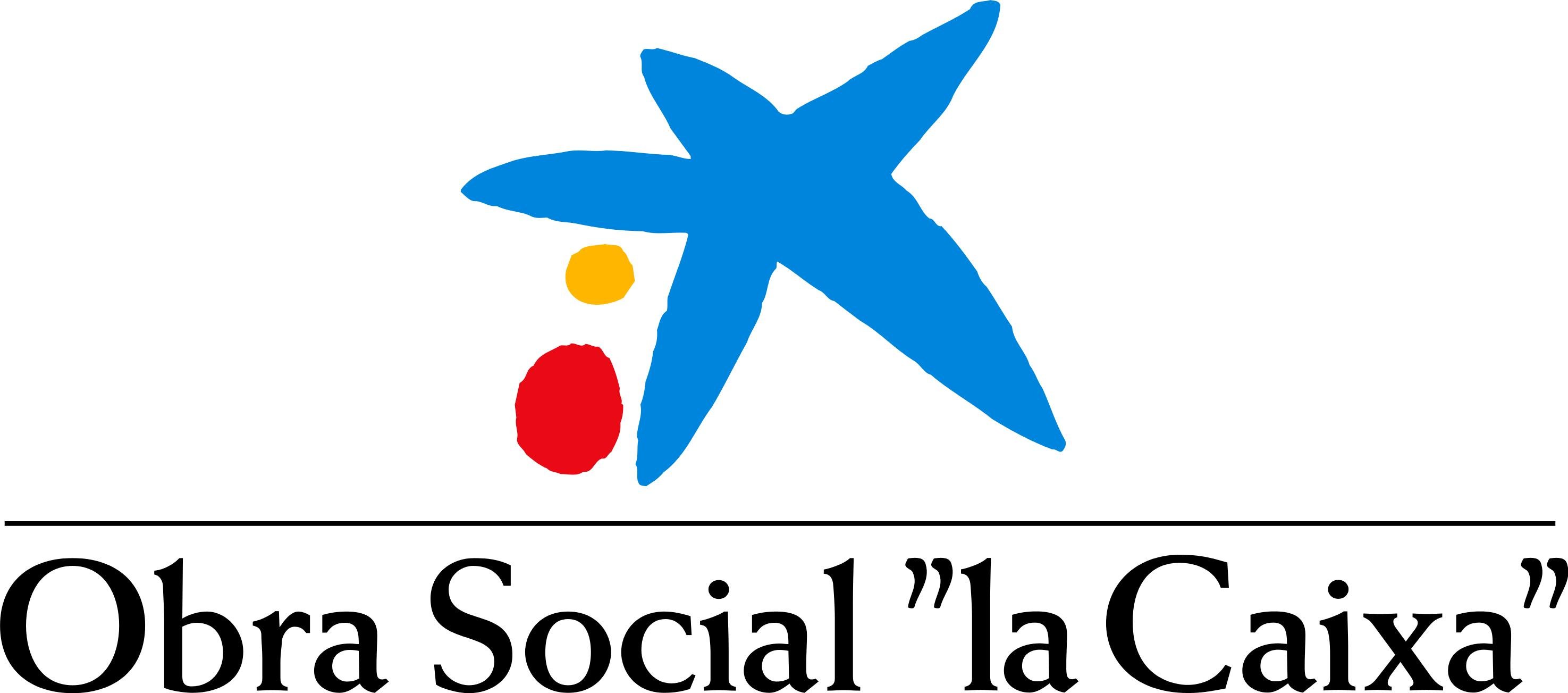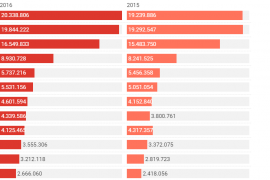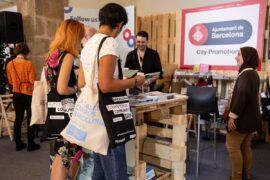And by “everything possible” we mean, sometimes, the smallest things. A recent study led by a team from ISGlobal, a center run by Obra Social “la Caixa”, indicates that the maternal diet during pregnancy can modulate the baby’s risk of developing symptoms of Attention Deficit Hyperactivity Disorder (ADHD). More specifically, the research carried out by Mónica López Vicente and her team suggests that, the greater the proportion of omega-6 (predominant in nuts) with respect to that of omega-3 (we eat it through fish or olive oil, for example) during pregnancy, the greater the risk that babies show symptoms of ADHD at seven years old.
We talk about symptoms and not diagnosis, since no direct relationship was found between the omega-6 / omega-3 ratio and the clinical diagnosis of ADHD, which requires the presence of at least six symptoms. What was observed is that, for every increase in the proportion of omega-6 / omega-3, the number of symptoms of ADHD at the age of seven increased by 13%. According to Monica, “it’s a public health issue“. At the individual level, 13% of symptoms is not much, but “if the percentage of ADHD symptoms increases by 13% in the population due to exposure to that high ratio of omega-6 / omega-3, the impact on the health costs and the productivity of society is important”.
“If you know that something is influencing the origin of a problem, you can act so that it does not happen, or at least minimize it”, the researcher explains. “In this sense, nutrition is especially interesting because it is very easy to change it: just by modifying your diet a little bit you can have a big impact on the development of the fetus“. With a note: both omega-3 and omega-6 are positive substances and necessary for the development of the brain. It is not therefore a battle of sardines against peanuts, eliminating the latter in favor of the first, but of maintaining a balanced proportion between both, since their functions in neuronal development are opposite (the omega-6 promotes proinflammatory systemic states and omega-3, anti-inflammatories).
In view of the results, the researcher recommends pregnant women to follow a Mediterranean diet based on fresh foods, vegetables, olive oil and fish. But, in addition to food, she tells us that there are other aspects that can influence the neural development of the fetus. Aspects that we can also control in a certain way. For example, it has been shown that taking too much paracetamol during pregnancy could increase the risk of having symptoms of the autistic spectrum and hyperactivity in children by up to 40%. As for not smoking or consuming alcohol, it is always insisted so much because it is known that the toxic elements of these substances go through the placenta, so that the fetus is directly exposed to its highly harmful components.
“In the end, it is about seeing what lifestyle a pregnant woman should have in order to maximize the baby’s development”, concludes Monica. That is why, in the ISGlobal, they have spent years investigating how the environment affects the neurodevelopment of the fetus. A 2018 study, for example, indicates that air pollution during pregnancy can affect the memory and attention span of babies. On the other hand, researchers of the INMA project also pointed out in 2015 the negative effects of noise pollution during pregnancy. Each study starts from a single sample, has been done at different times and analyzes different substances, but all point in the same direction: what happens during the nine months of pregnancy has consequences throughout the boy’s or girl’s life. Fortunately, acquiring simple habits, such as long walks in green spaces, resting well or changing that basket of popcorn for a toast with olive oil, can bring a hugely positive return.
Text: Patri di Filippo
You can read more stories like this on ALMA, the social social media, a digital space devoted to the social field, which brings a new look at the present and the future of society, from an optimistic and diverse point of view, and from all the initiatives that “la Caixa” Foundation promote.




















